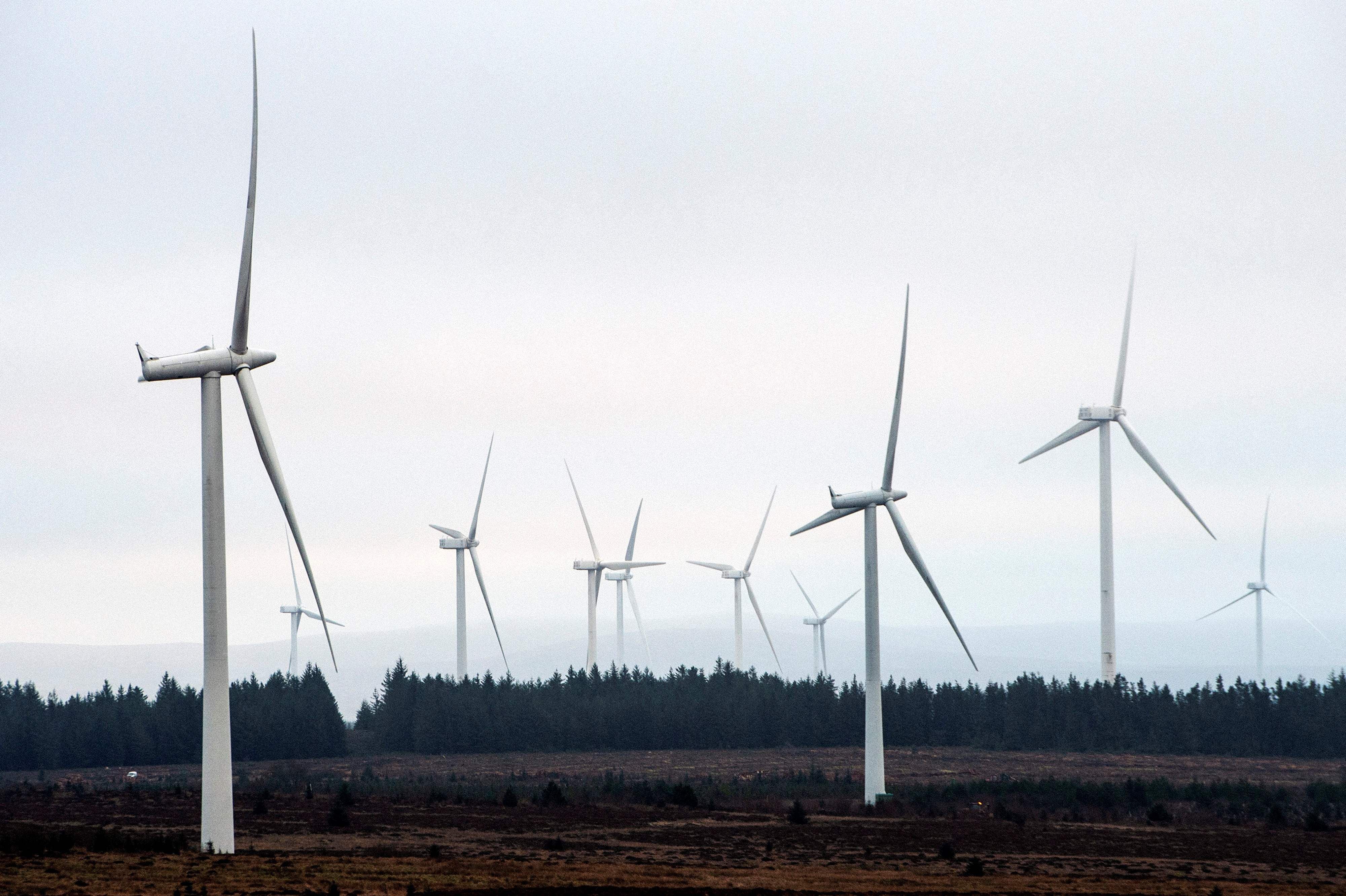
UK ENERGY SECTOR’S TICKING TIME-BOMB TO HIT NET-ZERO TARGETS
The UK's road to net zero needs to be paved with a fourfold increase in investment in electricity generation and infrastructure, a leading think tank has said.
In a new report called Electric Dreams, the Resolution Foundation calculated that by 2035, about 40 per cent of the energy consumed in both our homes and in road transport will need to be electricity (up from 22 and 4 per cent today, respectively), before rising to almost 100 per cent by 2050.
"At the same time, spending on power networks needs to increase by a factor of four to cope with this surge in the volume of electricity," the report said.
There has been mounting uncertainty over the cost of capital, as interest rates have gone from 0.25 per cent to 5.25 per cent over the past two and a half years in response to rising inflation.
Such conditions mean the cost of building a wind farm in the UK has risen by about 31 per cent in recent times.
As such, for the UK economy to decarbonise and meet rising demand, "quite a bit of money" will be needed, Resolution Foundation's senior economist Jonathan Marshall said.
"We have been able to ramp up investment before. In the 2010s, we managed to double what we were investing in electricity in the previous decade."
However, the foundation points out in its report that green energy is more capital intensive in its initial phases, because many of the costs are "front-loaded", which means fluctuating interest rates can throw in an added element of uncertainty.
“Cleaner energy could be cheaper energy, if interest rates return to the low levels seen during the 2010s,” Mr Marshall said.
“But we can’t count on that being the case. If interest rates stay high, energy costs will rise rather than fall in the years ahead.”
The report says when borrowing costs for the private sector are high, up to £29 billion ($35.8 billion) could be added to energy bills, creating “severe financial strain for low-income households".
The foundation also said higher interest rates mean nearly half of the total cost of a new offshore wind project is now due to the cost of capital.
Nevertheless, Neil Kenward, director of strategy, economics, research and net zero at the UK regulator Ofgem believes the costs of decarbonisation will eventually pay dividends.
"Whatever the cost due to these capital pressures of renewables, increasingly they will start to drive down the wholesale prices," he said.
"It's currently set by gas the whole time. Increasingly it will be set by renewables as we generate the renewable surplus."
Although the cost of capital-intensive infrastructure required in the electricity sector on the road to net zero will be higher if interest rates go up, Mr Kenward said Ofgem can keep some of the costs, particularly in critical parts such as networks, "as low as possible, by providing a very investable framework, which gives investors the clarity and certainty they need to make long-term investments".
'Crunch time'
However, others point out that decarbonising the economy will strengthen it in the longer term. For example, the last of Britain's coal-fired power stations, Ratcliffe-on-Soar, will shut down around September this year, as the UK meets its pledge to ban the use of coal. The German company Uniper has plans to make green hydrogen on the site by the end of the decade.
The next 10 years will be "crunch time" for Britain's electricity industry, said Emma Pinchbeck, chief executive of Energy UK.
"We've got lots of old capacity retiring over the next decade and we need to replace it.
"The economics of the energy transition are that we are going to replace it with clean stuff, rather than fossil, and that's because on a whole-system basis and as far as the whole energy sector looks at it, renewables, storage and clean technologies now offer a cheaper energy system.
"We do absolutely have to crack on with this transition, because it's better for the UK economy as a whole in the long run."
2024-04-22T16:35:42Z dg43tfdfdgfd